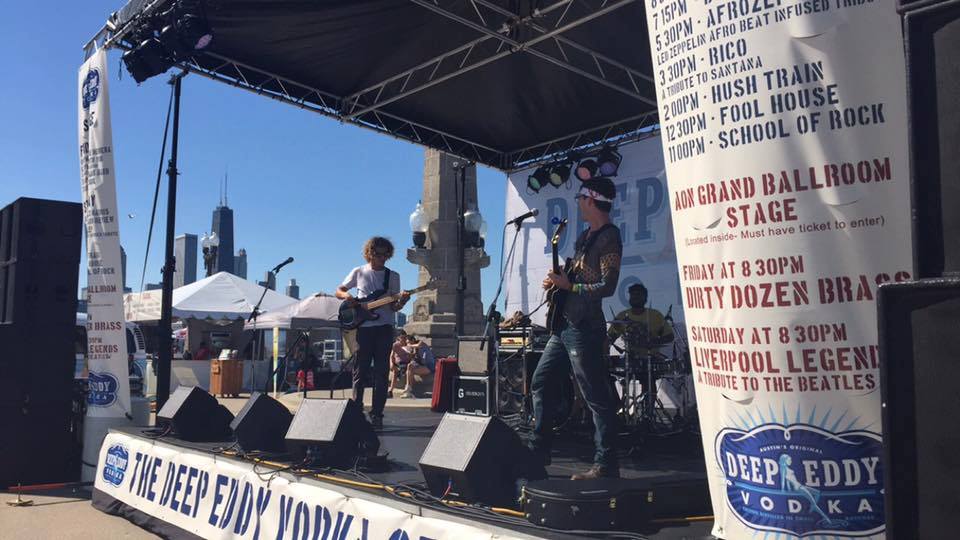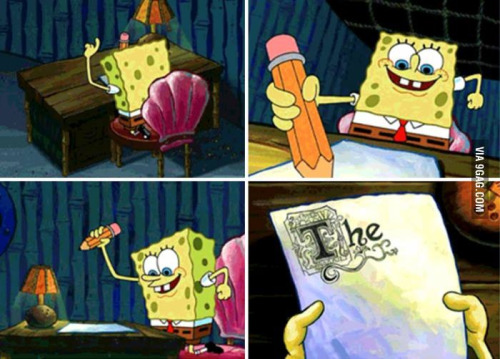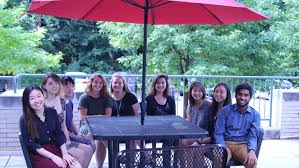 Chronic pain is extremely misunderstood. No, it doesn’t just affect older individuals. No, there is not one straightforward treatment. No, its not just in the individual’s head. Yes, chronic pain can be disabling, but no, it is not recognized as a disability by the government. Chronic pain conditions are as complex and nuanced as those who deal with them, something that is often overlooked when discussing the disorders. Imagine on top of the stigma above, for particular women dealing with chronic pain of the vulva, an added bias because of gender and the location of the pain.
Chronic pain is extremely misunderstood. No, it doesn’t just affect older individuals. No, there is not one straightforward treatment. No, its not just in the individual’s head. Yes, chronic pain can be disabling, but no, it is not recognized as a disability by the government. Chronic pain conditions are as complex and nuanced as those who deal with them, something that is often overlooked when discussing the disorders. Imagine on top of the stigma above, for particular women dealing with chronic pain of the vulva, an added bias because of gender and the location of the pain.
As I begin my thesis project, I am out to explain and examine the various stigmas surrounding vulvodynia, a severe chronic pain condition of the vulva. Why is it underreported and under diagnosed? How does it affect regular functioning? What are treatment options? Why are they so limited and archaic? Why isn’t there more research? Once laying out these specific topics and questions, I decided on a video documentary as the format of my thesis. It makes the most sense because I have been working with imagery, still and moving, for several years now, and I feel I can incorporate both information and emotion. Emotion matters for chronic pain discussions; severe pain creates drastic emotion. Information is important because it will inform my audience about what is going on systemically, and what actions they could take to impact that.
There are many factors to consider when beginning to create a documentary video: whose stories get to be included and why, how the individual narratives are woven together to create a larger systemic critique, what topics are key to emphasize, what bias I bring to the film, what footage should be sought out and more. Hopefully in the coming weeks as I begin interviewing both individuals with vulvodynia and healthcare providers, I will start to uncover some answers and have greater clarity on the direction of the documentary.
 I was born in Kalamazoo, Michigan on April 1, 1996 in a quaint lake house. Soon after, I moved with my family to suburban New Jersey where I grew up, not too far from New York City. During my teenage years, I discovered a webcam aesthetic used by other young girls on Tumblr and Instagram that has influenced my video and photo work. Today I am a
I was born in Kalamazoo, Michigan on April 1, 1996 in a quaint lake house. Soon after, I moved with my family to suburban New Jersey where I grew up, not too far from New York City. During my teenage years, I discovered a webcam aesthetic used by other young girls on Tumblr and Instagram that has influenced my video and photo work. Today I am a 



You must be logged in to post a comment.